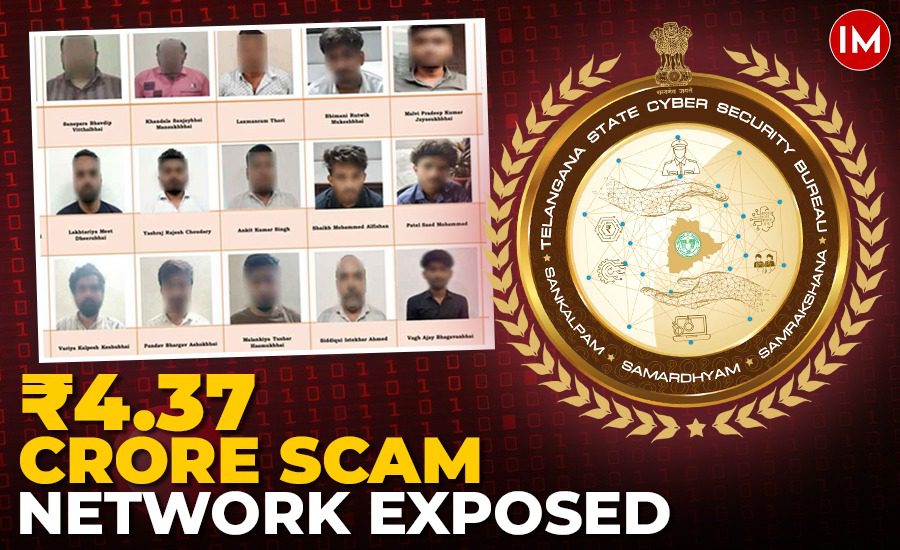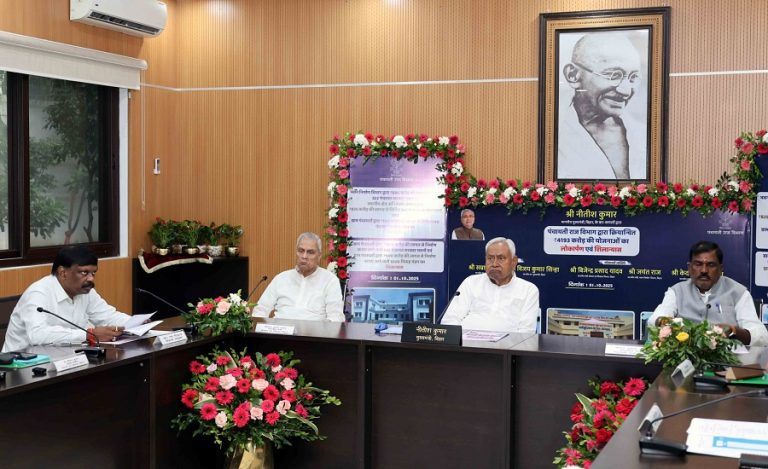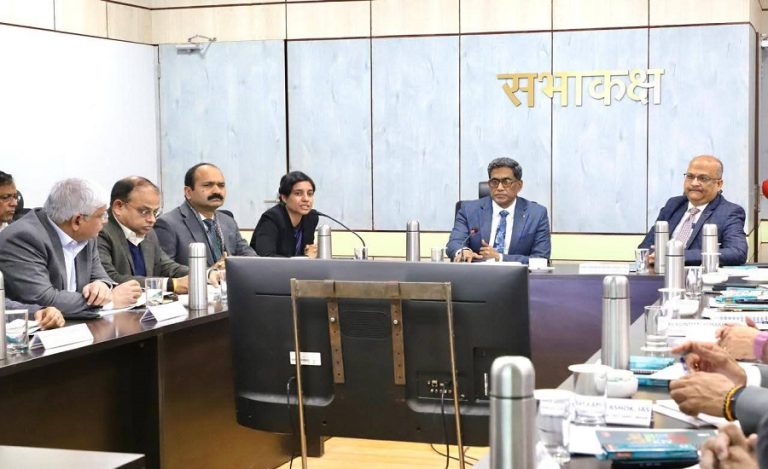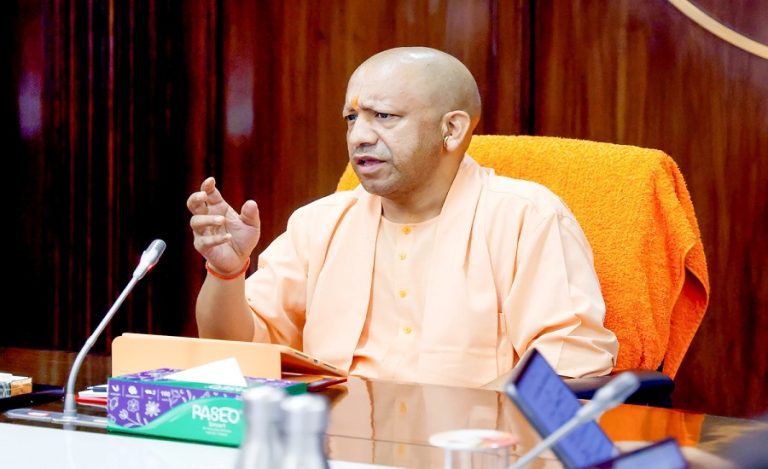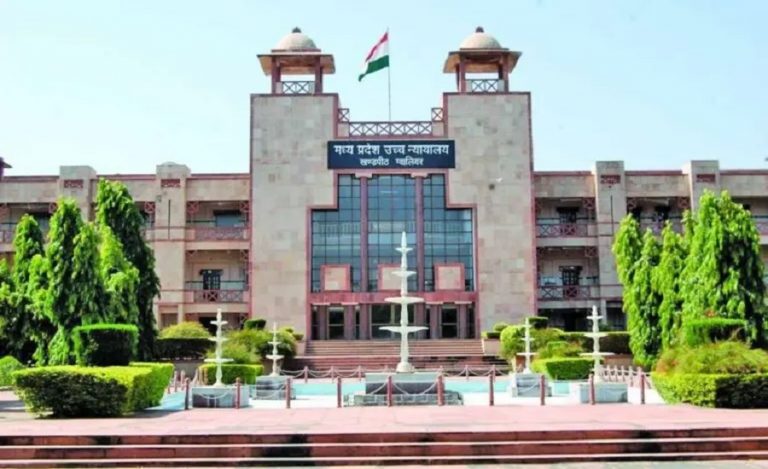For ten long days, two dedicated teams of the Telangana Cyber Security Bureau (TGCSB) camped in Surat, Gujarat. Their mission: to infiltrate and dismantle a sophisticated cybercrime syndicate that had been quietly siphoning off crores through mule accounts.
By the end of the operation, 20 individuals were in custody, linked to a staggering 515 cybercrime cases across India, including over 60 cases in Telangana. At the heart of this breakthrough was the leadership of IPS officer and TGCSB Director Shikha Goel, who has been steering the bureau with a sharp focus on intelligence-driven crackdowns and public safety.
THE WEB OF FRAUD
The gang operated 27 mule accounts, enabling suspicious transactions worth ₹4.37 crore. Of this, ₹22.64 lakh was siphoned in Telangana alone, primarily through cheque-based withdrawals.
The fraudsters were not stereotypical hardened criminals. They included private sector employees, small businessmen, diamond labourers, students, and even a relationship manager at a private bank. Their methods were varied: investment scams, trading cons, and part-time job frauds.
Each arrest wasn’t just about one account; it was a chain. These mule accounts were the lifeline of cybercriminals who often operated from across states or even abroad. Director Shikha Goel emphasized that cutting these financial channels crippled the network.
WHAT THE TEAMS FOUND
The TGCSB’s haul from Surat painted a picture of a well-oiled operation. Investigators seized 20 mobile phones, 28 SIM cards, 4 ATM cards, 5 cheque books, 2 PAN cards, 2 rubber stamps, and a set of incriminating documents that tied the accused to scams across India.
The crackdown was executed under the strategic command of SP Devender Singh, with officers Dy SPs Phaneender and Ranga Reddy, Inspectors Mahender and Ravi Kumar leading field operations.
BEYOND GUJARAT: THE TELANGANA SWEEP
While the Surat arrests grabbed headlines, TGCSB simultaneously conducted another state-wide operation in Hyderabad, Cyberabad, Rachakonda, Karimnagar, and Jagatiyal.
This sweep led to the arrest of 21 cyber offenders, including 13 mule account holders and 8 next-level agents. Together, they were linked to 25 cybercrime cases in Telangana and 73 cases across India.
These accused were found to have withdrawn ₹8.2 crore through cheques. The agents then funneled the money to handlers operating from foreign countries, often through cryptocurrency. Investigators have already traced five crypto wallets tied to these transactions.
Among those arrested in Telangana were a gym trainer, a Zomato delivery worker, a tailor, a horse breeder, an Ola-Uber driver, a civil contractor, and even a private bank employee. This diverse mix underscored how cybercrime has seeped into everyday professions.
“ZERO TOLERANCE”
For Director Shikha Goel, IPS, DGP, cybercrime is not just a technological challenge; it’s a social one. Under her leadership, TGCSB has made “Zero Tolerance” more than a slogan.
This year alone, the bureau has:
- Arrested 1,057 cybercriminals linked to 19,653 cases in Telangana and 1,16,421 cases nationwide.
- Blocked 14,984 SIMs, 9,811 IMEIs, and 1,825 fraudulent websites.
- Recovered and refunded ₹176.7 crore to victims through streamlined processes.
- Conducted 20,677 awareness campaigns on cyber hygiene across Telangana.
Director Goel has also overseen the establishment of seven new Cybercrime Police Stations, a Child Protection Unit to tackle online child exploitation, and five Cyber Academies to train officers in advanced investigation techniques.
HOW CITIZENS CAN FIGHT BACK
Even as TGCSB intensifies its operations, the bureau insists that citizens play the most crucial role in preventing fraud. In her advisory, Shikha Goel urged people never to share banking details with strangers and to act within the “golden hour” of a cyber fraud.
Victims are encouraged to immediately report suspicious activity through 1930 (National Helpline) or cybercrime.gov.in, both of which have been instrumental in saving lakhs of rupees every day.
THE RISING CYBERCRIME CHALLENGE
Cybercrime complaints in India rose by 18% in 2024, touching 1,14,174 cases compared to 91,652 in 2023. Telangana alone registered 519 cybercrime cases since April 2024, with arrests crossing 186 accused directly under TGCSB.
Frauds are evolving, ranging from business scams, digital arrests, and KYC frauds to matrimonial cons, but TGCSB’s strategy of data-driven operations combined with field crackdowns is setting a new benchmark in cyber policing.
A STRONG MESSAGE
The arrests in Gujarat and Telangana are not isolated events but part of a continuing effort to dismantle cybercrime networks.
As IPS officer Shikha Goel put it in front of the media: “These operations send a clear signal, there is no safe haven for cybercriminals. Whether in Telangana or outside, we will pursue and bring them to justice.”
The TGCSB’s operations reflect a growing reality: cybercrime is no longer confined to the digital space. It is rooted in everyday lives, exploiting ordinary people to fuel an extraordinary network of fraud. But with strategic leadership and relentless pursuit, the state is fighting back, one operation at a time.

